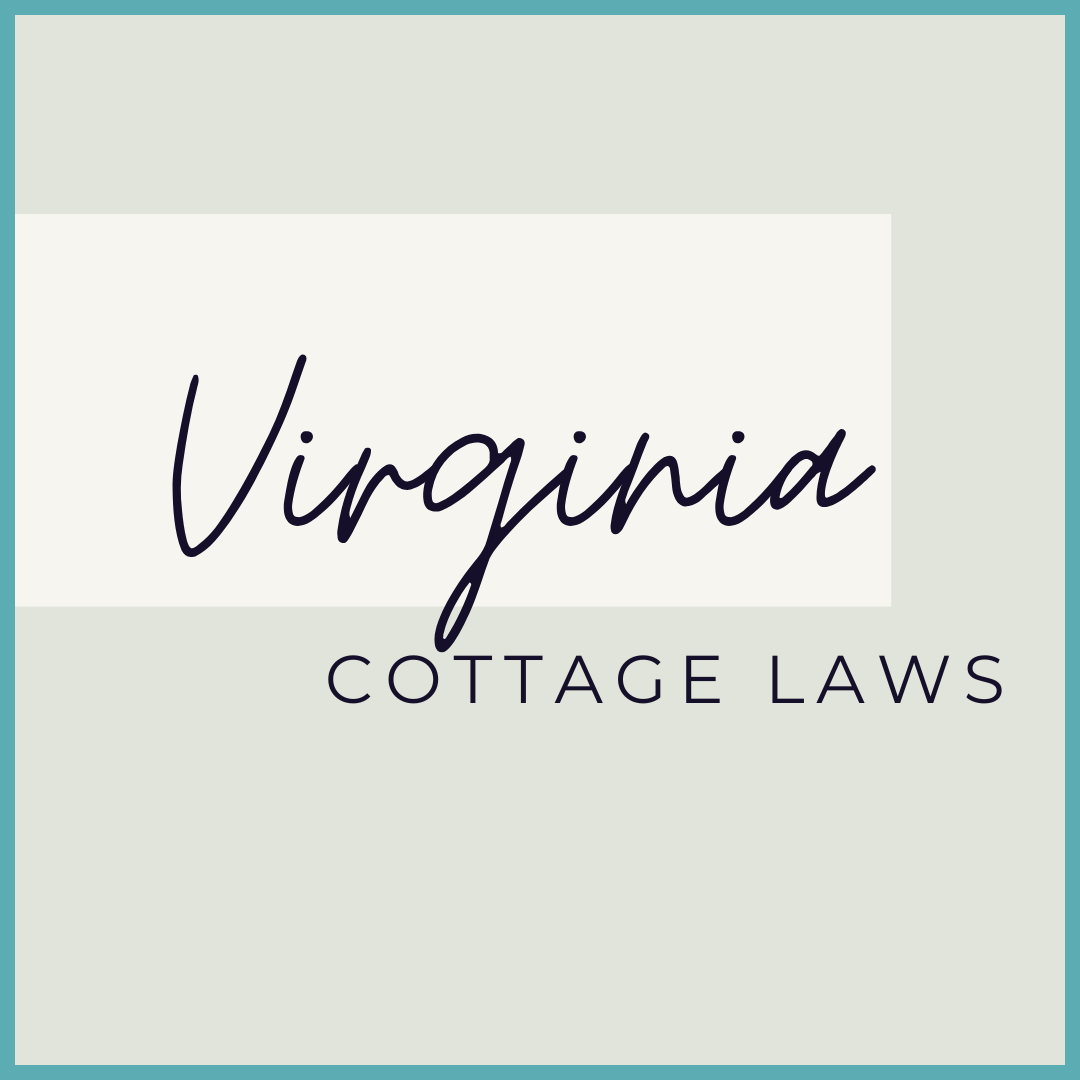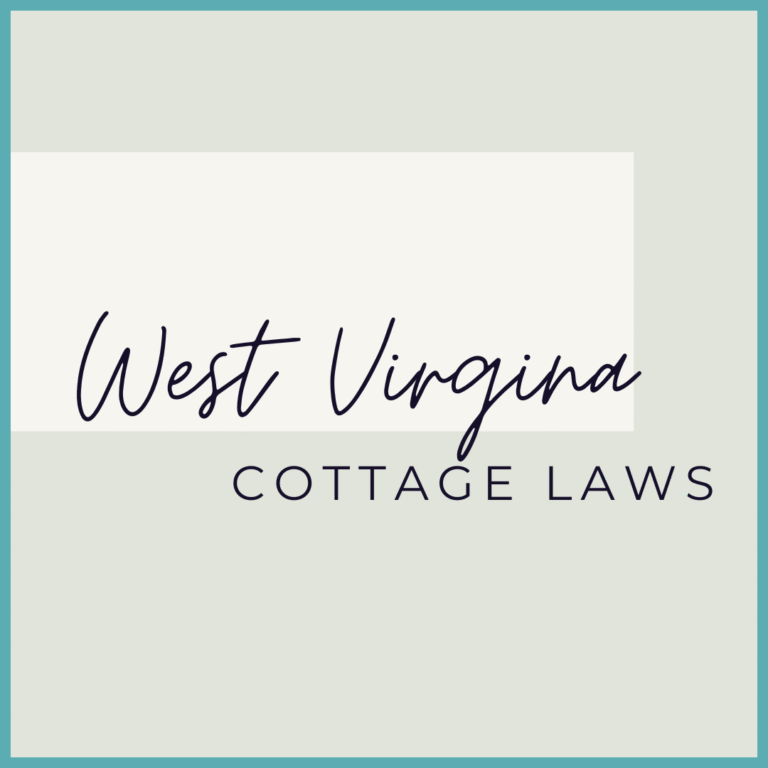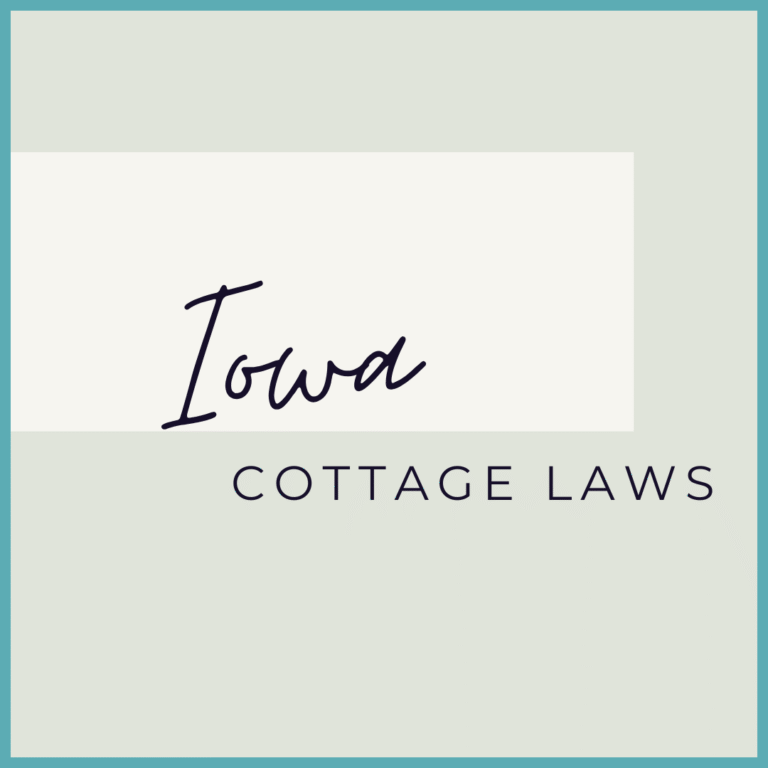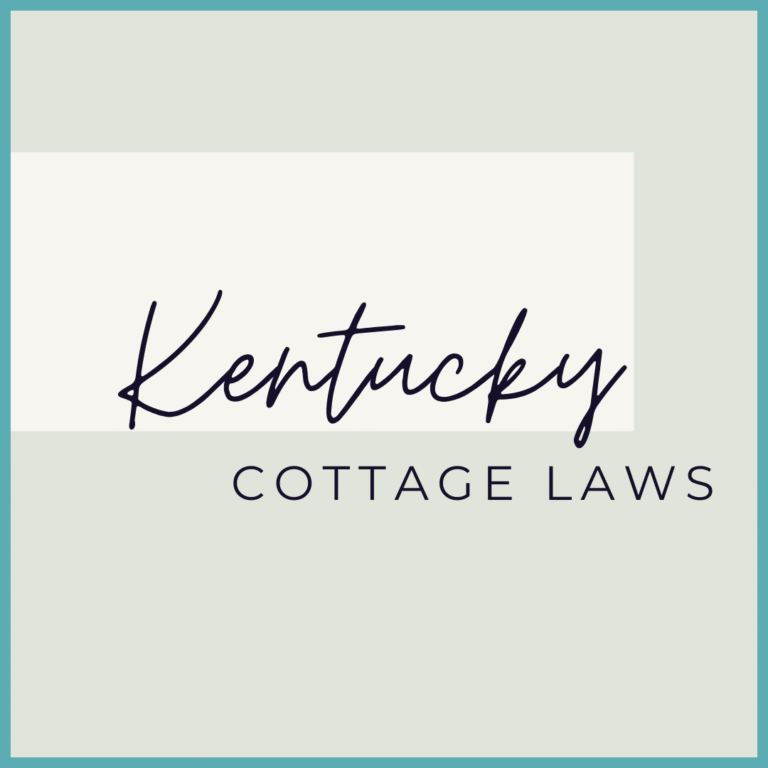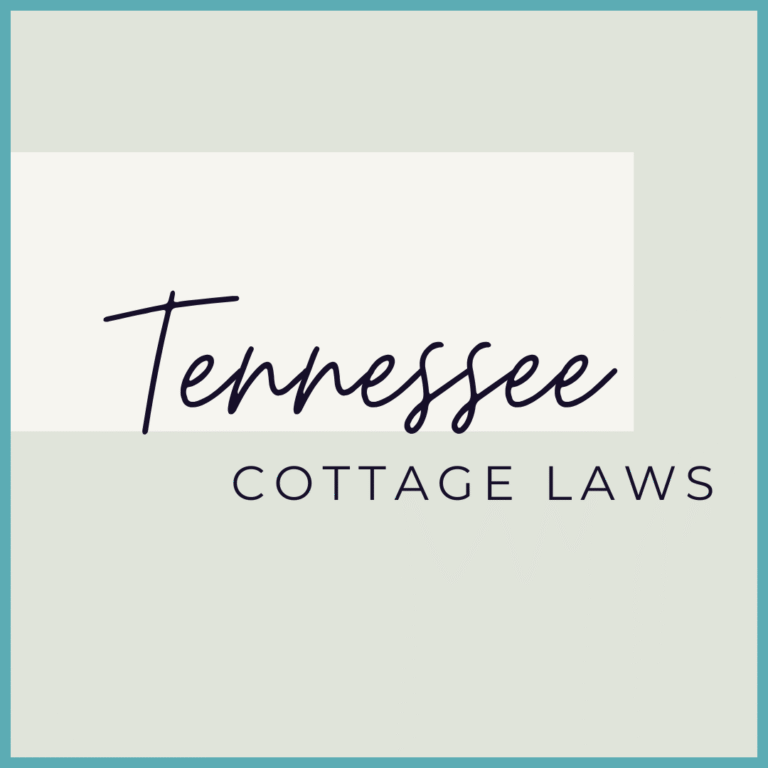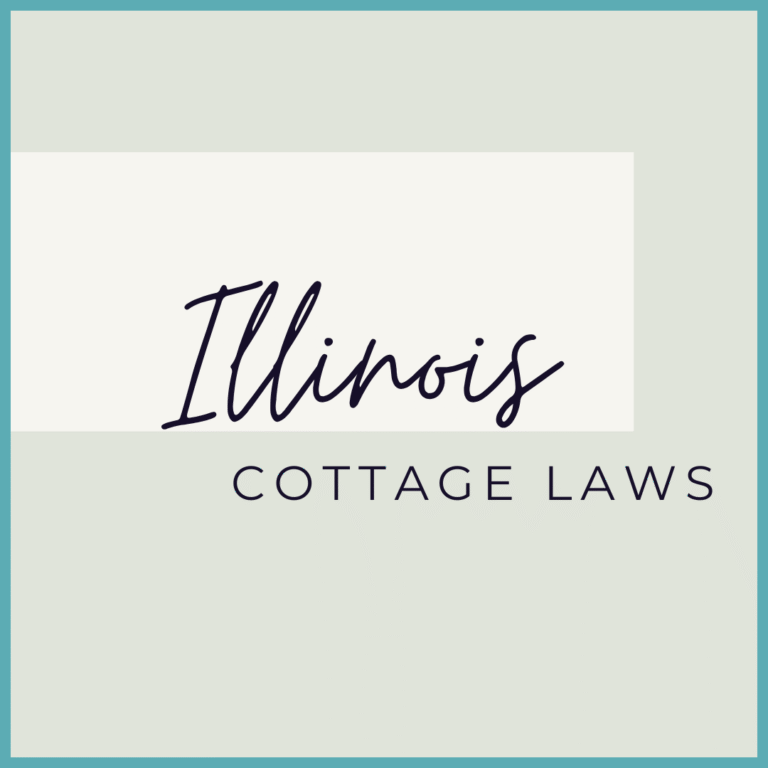Virginia Cottage Laws
Your complete guide to legally selling homemade baked goods from your Virginia kitchen
Dreaming of turning your love for baking into a profitable venture? If you're in Virginia, you're in for some good news and some not-so-good news. While Virginia does allow home baking businesses through its cottage food laws, the rules are quite different from some other states. Don't worry though – we'll break down everything you need to know in simple, easy-to-understand terms.
Virginia's Approach: Two Different Paths
Virginia is unique because it offers two different ways to sell homemade food, each with its own rules and restrictions:
Path 1: Home Kitchen Food Processing Exemptions (The Simpler Route)
This is what most people think of as “cottage food law.” It's easier to start but has more limitations on what and where you can sell.
Path 2: Home Food Processing Operation (The Complex Route)
This option allows more freedom in where you sell but comes with significant paperwork, inspections, and regulations.
For beginners, Path 1 is usually the way to go, so that's what we'll focus on in this guide.
The Good News: What You DON'T Need
Under Virginia's Home Kitchen Food Processing Exemptions, you do NOT need:
- ✅ A cottage food license
- ✅ Kitchen inspections
- ✅ Food handler's permits
- ✅ The annual $40 inspection fee
This means you can start right away without waiting for government approvals!
What Can You Make and Sell?
Virginia allows you to make foods that don't need refrigeration to stay safe. Here's what's approved:
Low-Risk Foods (No Sales Limit)
- Baked goods that don't require refrigeration (cookies, breads, muffins, cakes without dairy frosting)
- Candies and confections
- Jams and jellies (not low-acid varieties)
- Dried fruits and herbs
- Nuts (coated and uncoated)
- Vinegars and flavored vinegars
- Popcorn and popcorn balls
- Cotton candy
- Dried pasta
- Dry baking mixes
- Roasted coffee and dried tea
- Cereals, trail mixes, and granola
Special Categories with Limits
Pickles and Acidified Vegetables (up to $9,000 per year maximum)
- Must have a pH of 4.6 or lower
- Includes pickles, salsa, relishes
- Requires pH testing with electronic meter
Pure Honey (up to 250 gallons per year)
- Only if you process honey from your own hives
- Must be pure honey (no infused products allowed)
- Special labeling required
What You CAN'T Make
- Fresh dairy products
- Meat or poultry products
- Seafood
- Fresh salads or sandwiches
- Baked goods requiring refrigeration (cream pies, dairy-based frostings)
- Canned low-acid foods
Where Can You Sell?
This is where Virginia gets restrictive compared to other states. You can only sell at three places:
Approved Selling Locations
- From your home – Direct sales to customers who come to you
- Farmers markets – Direct sales to individual consumers
- Temporary events – Events lasting no more than 14 consecutive days
Where You CANNOT Sell
- ❌ Grocery stores or retail shops
- ❌ Restaurants or cafes
- ❌ Online (no e-commerce allowed)
- ❌ Shipping or mailing products
- ❌ To other businesses for resale
- ❌ Across state lines
The Online Marketing Rule (Important!)
Here's something that confuses many people: you can advertise online but cannot sell online.
What You CAN Do Online
✅ Post photos and descriptions of your products ✅ Share your story and business information ✅ List prices and contact information ✅ Announce farmers market dates and locations ✅ Use social media for marketing
What You CANNOT Do Online
❌ Take orders through your website ❌ Accept payments electronically for online orders ❌ Offer shipping options ❌ Have an “Add to Cart” button
Bottom line: Think of your online presence as a digital business card and marketing tool, not a store.
Labeling Requirements
Every product must have a label with specific information:
Required on Every Label
- Your name, physical address, and phone number
- Date the product was made
- The exact statement: “NOT FOR RESALE — PROCESSED AND PREPARED WITHOUT STATE INSPECTION”
- Product name and ingredients list
- Net weight
Special Labels for Specific Products
- Honey: Must include “PROCESSED AND PREPARED WITHOUT STATE INSPECTION. WARNING: Do Not Feed Honey to Infants Under One Year Old.”
Small Products Exception
If your product is too small for a readable label (like individual cookies), you can post a sign where you're selling instead of labeling each item.
Getting Started: The Business Side
While you don't need state permits, you likely need these:
Local Requirements (Check with Your City/County)
- Business license – Usually required, varies by location
- Zoning approval – Make sure home businesses are allowed in your area
Tax Requirements
- Sales tax permit – Required for collecting Virginia sales tax
- Federal tax ID (EIN) – Needed for business tax reporting
- Income reporting – All earnings must be reported on your taxes
Smart Business Moves
- Liability insurance – Protects you if someone gets sick
- Business bank account – Keeps personal and business finances separate
Safety Tips (Even Though Not Required)
While Virginia doesn't require food safety training, being smart about safety protects both you and your customers:
Kitchen Hygiene Basics
- Keep your kitchen clean and organized
- Wash hands frequently
- Use clean utensils and equipment
- Store ingredients properly
- Label everything with dates
pH Testing for Pickles
If you're making pickles or acidified vegetables, you must test pH levels. The pH must be 4.6 or lower, and you need an electronic pH meter (about $100) – paper strips aren't accurate enough.
How Much Can You Earn?
No Limits on Most Products
For regular cottage foods (baked goods, candies, etc.), there is no limit to how much a home-based vendor can sell in Virginia.
Limits on Special Products
- Pickles/acidified foods: $9,000 maximum per year
- Honey: 250 gallons maximum per year
Common Beginner Mistakes to Avoid
- Trying to sell online – Remember, you can only advertise online, not sell
- Skipping local business licenses – Check with your city/county first
- Improper labeling – The “not inspected” statement is required by law
- Selling prohibited items – Stick to the approved food list
- Not keeping sales records – You'll need these for taxes
Farmers Market Considerations
Many cottage food operators start at farmers markets, but be aware:
- Each market may have its own additional requirements
- Some markets require a temporary food establishment license ($40)
- This license requires a kitchen inspection
- The license is only valid for up to 14 consecutive days
The Reality Check
Virginia's cottage food laws are more restrictive than many states. You can't sell online, ship products, or sell through retail stores. However, this doesn't mean you can't build a successful business! Many Virginia bakers thrive by:
- Building a loyal local customer base
- Focusing on farmers markets and local events
- Using social media effectively for marketing
- Creating specialty or custom products
- Building relationships with customers who come to their homes
Getting Help and More Information
Official Resources
- Virginia Department of Agriculture and Consumer Services (VDACS)
- Phone: 804-786-3520
- Email: foodsafety@vdacs.virginia.gov
- Regional contacts available for different parts of Virginia
Key Documents to Read
- Virginia Code Section 3.2-5130
- VDACS Home Kitchen Food Processing Exemptions FAQ
Ready to Start Baking for Profit?
Virginia's cottage food laws may seem complicated at first, but they're actually quite straightforward once you understand the basics. Remember:
- Start simple with basic baked goods
- Check local requirements for business licenses
- Focus on direct sales at farmers markets and from home
- Label everything correctly
- Keep good records for taxes
The key to success isn't just following the laws – it's creating delicious products that people want to buy again and again. Focus on quality, build relationships with your customers, and use social media to showcase your amazing baked goods.
While you can't ship nationwide or sell through Amazon, you can absolutely build a thriving local business that brings joy to your community and income to your family. Many successful Virginia cottage food operators have turned their kitchen tables into profitable ventures by understanding the rules and working within them creatively.
Remember: Laws can change, so always double-check current requirements with VDACS before starting your business. But don't let the learning curve stop you – with the right knowledge and great recipes, your cottage food dreams can become reality in Virginia!
Happy baking, and here's to your sweet success!
